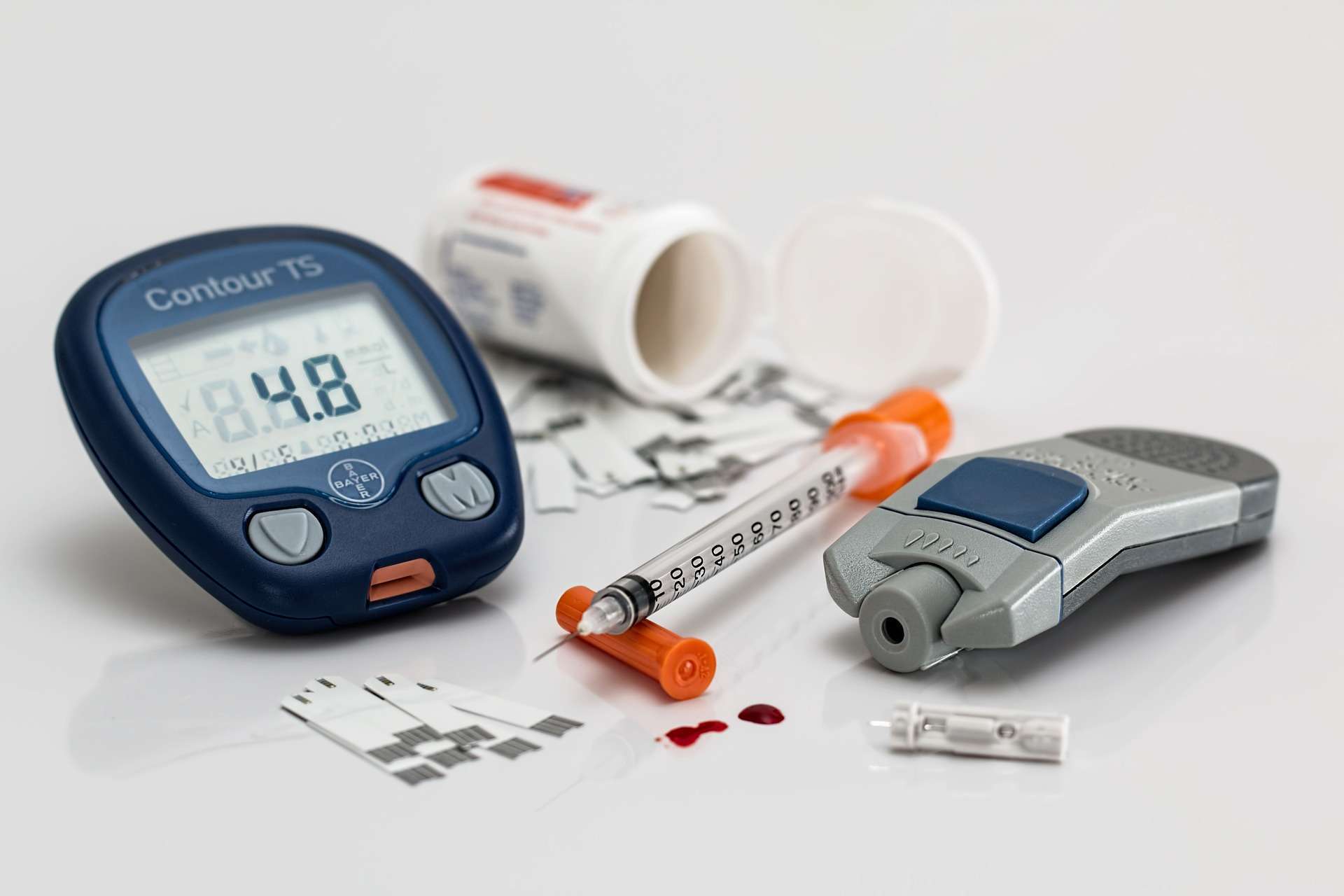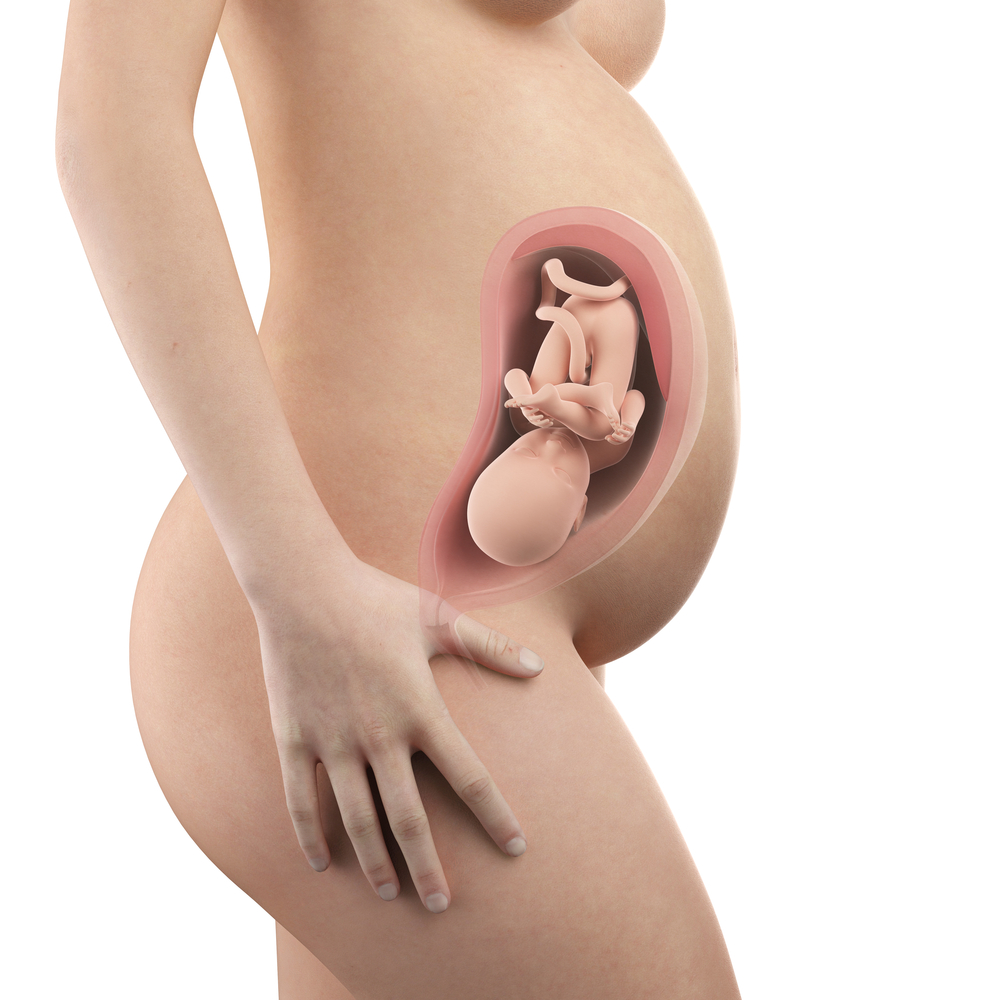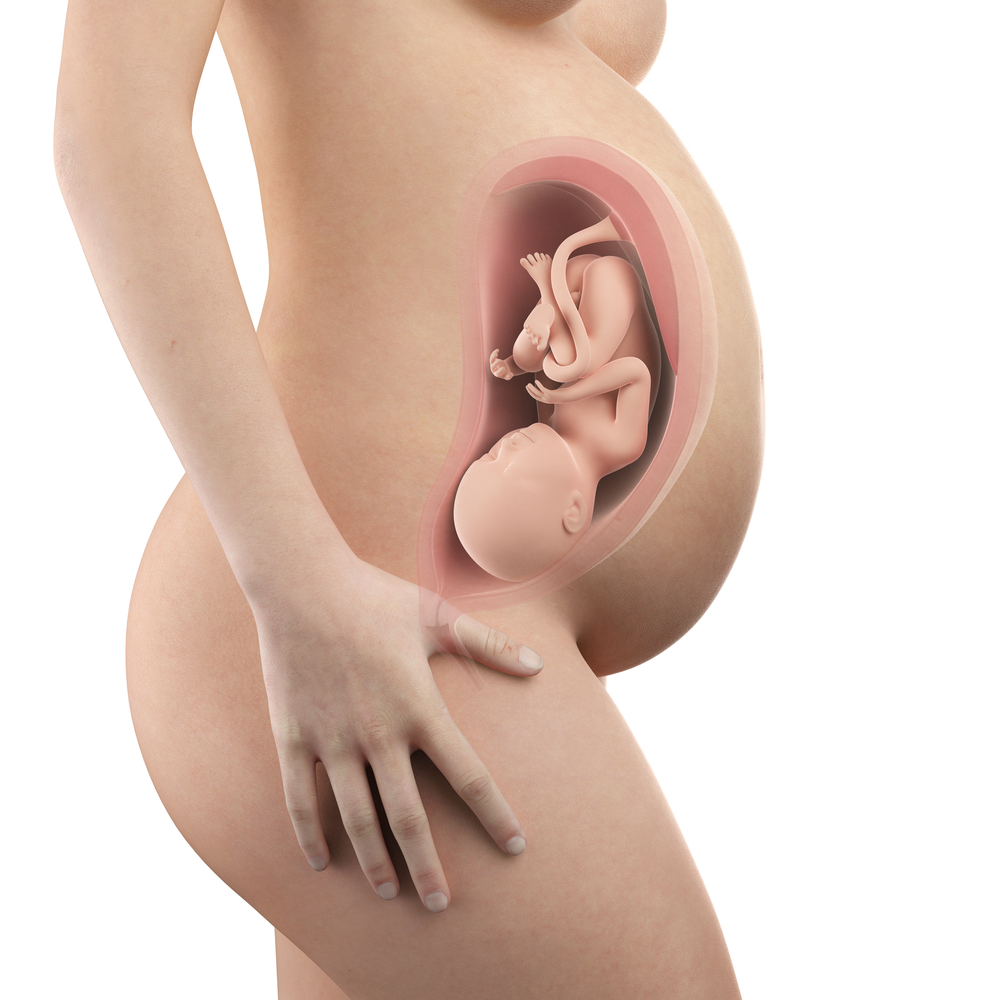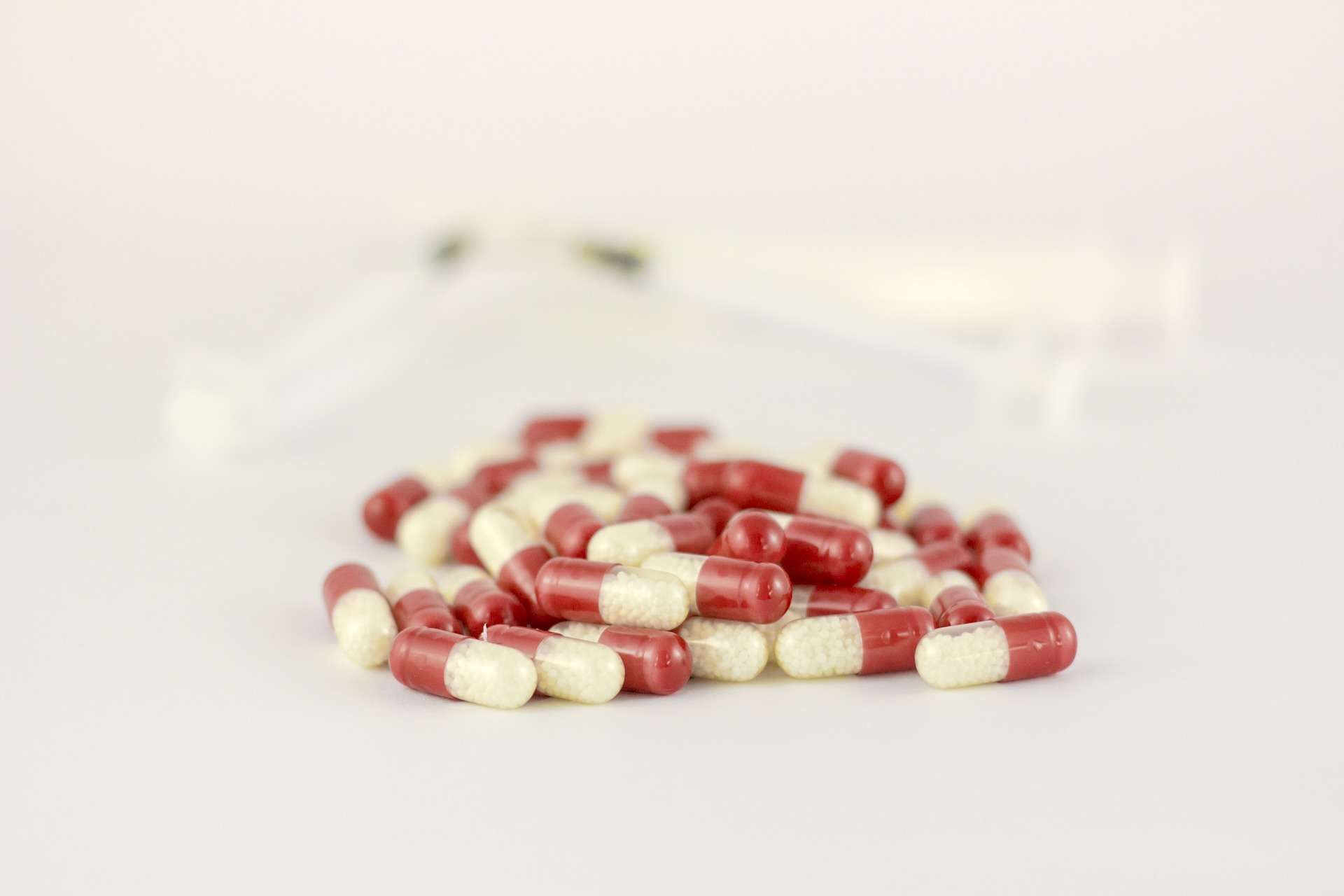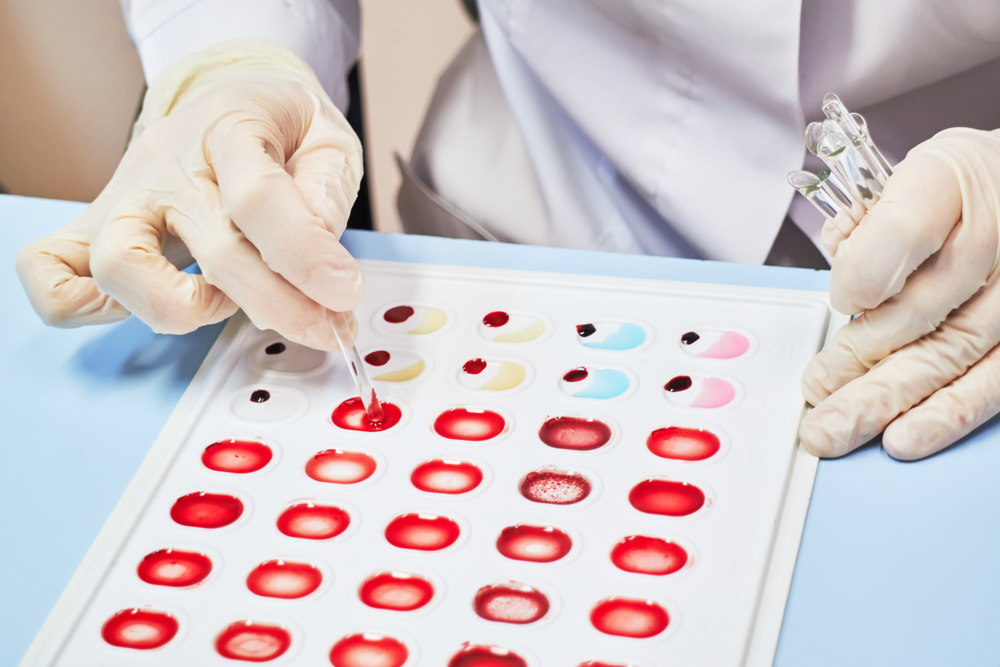Contents:
- Medical Video: Survival of Diabetes and Non-Diabetes Kidney Transplant Patients - Mayo Clinic
- What is "new diabetes" after a kidney transplant?
- Why am I at risk of diabetes after a transplant?
- Besides drugs, what are the other factors that can increase my risk of developing diabetes?
- What are the warning signs of diabetes?
- How do I know if I have diabetes?
- What can I do to help control or prevent diabetes after a transplant?
Medical Video: Survival of Diabetes and Non-Diabetes Kidney Transplant Patients - Mayo Clinic
What is "new diabetes" after a kidney transplant?
Even if you don't have diabetes before, you might contract diabetes after a kidney transplant. This type of diabetes is called "new diabetes after transplant "or new onset diabetes after transplant, also call "NODAT" Diabetes can occur as a side effect of the medication you need to prevent rejection of new organs.
Why am I at risk of diabetes after a transplant?
One reason is medicine. After the transplant, you should continue to take immunosuppressant drugs to prevent your body from rejecting transplant organs. Usually, your body fights against anything that is not part of itself, such as germs or viruses. This protection system is called the immune system. Immunosuppressant drugs reduce the activity of your immune system. Without the drug, your immune system will see your new organ as a "foreign invader" and try to destroy it. Unfortunately, this drug can also increase the risk for diabetes - or make it worse.
Besides drugs, what are the other factors that can increase my risk of developing diabetes?
Many things can put you at risk for diabetes. Some factors you cannot change, such as age or ethnic background. But there are other things you can change, such as being overweight or not exercising enough. Some common factors related to diabetes are:
- Overweight
- Lack of exercise
- Eat unhealthy food
- Ethnic Africans, Indians, Native Alaskans, Hispanics, Pacific Islands, or Asians
- Aged 45 years or more
- Have a family history of diabetes
- Have diabetes during pregnancy
- Have high blood pressure or abnormal blood fat (cholesterol or triglycerides)
- Have hepatitis C virus infection
Having high blood sugar levels due to diabetes can cause serious damage to the heart, blood vessels, eyes, feet and nerves.
What are the warning signs of diabetes?
You may experience some warning signs, or maybe not. Not everyone experiences symptoms of diabetes. The best way to find out if you have diabetes or not by doing regular checks. Diabetes is called silent disease because many people have no symptoms. Some warning signs are:
- Become very thirsty
- Frequent urination (especially at night)
- Feel very hungry or tired
- The weight dropped suddenly
- Has a long cured wound
- Dry and itchy skin
- Numbness in your feet or having a tingling sensation in your feet
- Blurred vision
How do I know if I have diabetes?
You must check. A simple blood test to check blood sugar levels is the best way to find diabetes or pre-diabetes. Pre-diabetes is a condition in which blood sugar levels are higher than normal, but not yet high enough to be diagnosed as diabetes. Finding and controlling diabetes (and pre-diabetes) early is important. Talk to your doctor about diabetes tests.
What can I do to help control or prevent diabetes after a transplant?
- Active exercise regularly
- Eat healthy food
- Lose weight if necessary
- Maintain a healthy lifestyle and keep your blood sugar, blood pressure, and blood fat under control
- Perform regular checks for diabetes
Blood sugar levels will be monitored closely when you are in the hospital after a transplant and when outpatient. If needed, your doctor will help you make a plan to keep your blood sugar under control. If you are under the control of a corticosteroid drug (such as prednisone), your blood sugar level will increase when the dose of this drug decreases in the first two months after transplantation.

